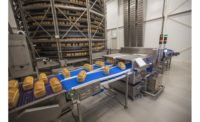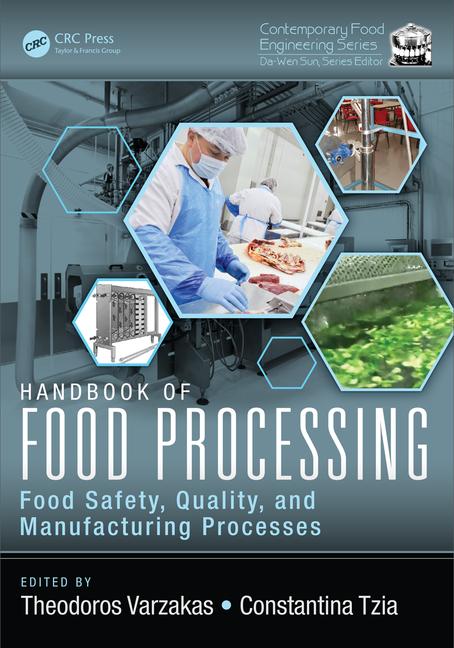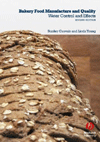![]()
Large-Scale Storage Studies Boost Quality
Michigan Potato Industry Commission
by Dan Hager
Michigan potato growers and the chipping industry have formed a unique partnership to improve product quality out of storage and shorten the fine-tuning process for managing new varieties to meet manufacturer standards.
The crucial element in this development is a $200,000 research storage facility erected in 1999 by the Michigan Potato Industry Commission (MPIC) that allows for monitoring and testing in commercial-scale storage environments.
Thanks to this structure, Michigan growers are directing research into variety performance during the critical storage stage and can do so under real-world conditions. The integration of the storage with variety development and variety trials expedites the successful transfer of new plant material from public breeding programs to processors.
MPIC Chairman Tim Young of Howard City, Mich., notes that chipper representatives have been an integral part of the research since the storage building was completed.
“New varieties have been emphasized in the past few years,” he says. “Both growers and chip manufacturers take a significant risk with new varieties in storage. By cooperating in developing data, we’re able to determine faster how best to manage varieties with chipping potential. This partnership allows promising varieties to be commercialized more quickly and with less risk to both parties.”
Brian Sackett of Mecosta, Mich., chairman of the MPIC’s Storage Committee, explains that different varieties are held in different temperatures and periods within the storage facility. A sampling procedure involving laboratory analysis monitors tuber conditions throughout the storage season, detailing sugar changes and internal and external defects, so growers can find out early what is and isn’t working.
“But the key component in the system is shipping out of storage,” Sackett says. “Chip manufacturers can evaluate the potatoes direct from storage in truckload lots. They get an early look at new varieties in the pipeline, and we receive invaluable feedback from them.”
Michigan State University (MSU) cooperates closely in the system. MSU potato specialist Chris Long arranges production of varieties for storage, manages the store during storage season, arranges for sampling and ships potatoes to processors. MSU researchers access data from the storage studies.
“This storage building functions as an extension of the university’s variety development and testing program,” Sackett says. “This facility helps shorten our storage learning curve as growers and is also a boost to the university’s mission.”
Young points out that more research is planned. “We’ve had our eyes opened to other needs. Post-harvest quality in our industry is the key to success. We’re contemplating studies of other post-harvest aspects of storing potatoes. It’s a challenging effort,” Young said. “But the model we have developed with this facility is applicable to other storage issues.”
“A significant factor is our flexibility. Industry needs change quickly, and by working so closely with processors, we can readily adapt our research to the next harvest,” Young observed. “With our grower-directed quality-control facility and our open lines of communication with chip manufacturers, we’re able to become applied-research specialists in post-harvest issues.}
Jack Corriere, vice president and general manager of Utz Quality Foods, Inc., of Hanover, Pa., commends the Michigan potato industry for its initiative in researching and improving storage quality, particularly where new varieties are concerned.
“Our company is quality-driven,” Corriere says. “In the old days, we had to gamble that a variety might work. This Michigan model is a successful way to advance new potato varieties. We’re glad to be participants with the Michigan growers, and I’m pleased to see other companies involved as well. This system reduces the risks and the costs.”
Corriere also cited the impact of the Snack Food Association’s (SFA) Potato Technology Committee in fostering industry interest in new varieties. “We’ve been fortunate to have had a strong advocate for new varieties in our long-time technology advisor, Dick Chase (retired MSU potato specialist). Dick has decided now to step back from his SFA position. We’re fortunate to have Don Halseth of Cornell University as his replacement. Don is a capable person who has the same passion for excellence as Dick. I see a lot of encouraging developments in the industry in regard to new varieties and the management of quality.”





